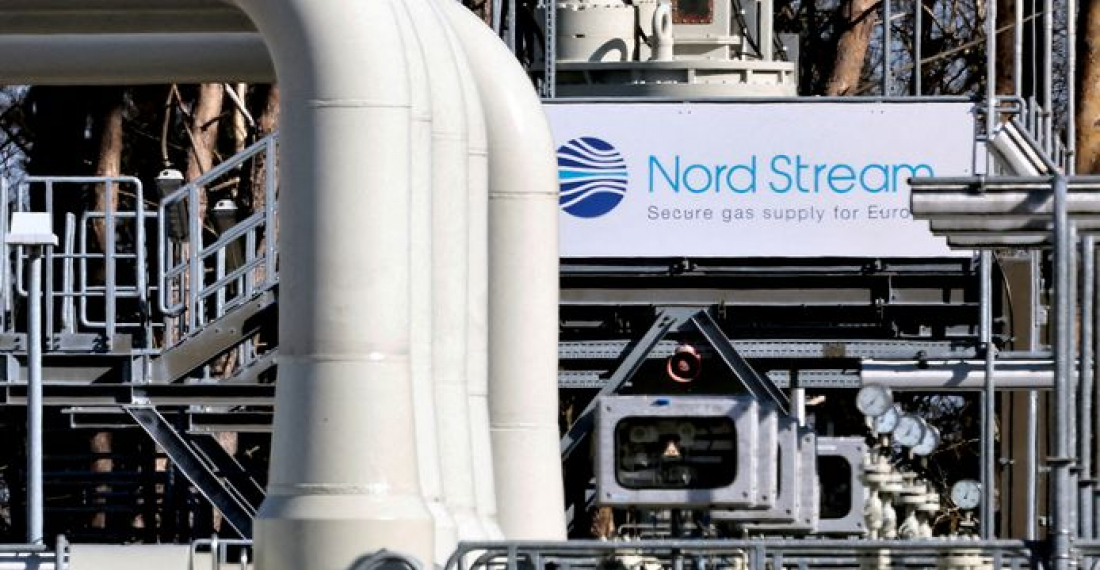Russia has restarted gas supplies to Germany via the German-Russian Nord Stream I gas pipeline on Thursday (21 July). The gas pipeline had been closed for the past ten days for the usual annual maintenance, but it was uncertain whether gas would flow via the pipeline again. The Russian state-owned gas company Gazprom had previously informed European clients by letter that it cannot guarantee that deliveries will be resumed after the maintenance work. It invoked "exceptional circumstances".
The European Commission therefore feared that Russia would permanently stop the gas supplies from Nord Stream I after the maintenance. European Commissioner Johannes Hahn said this week that the European Commission was even working on the "assumption that the gas supplies will not be resumed".
Gazprom already reduced gas supplies to Germany by 60 per cent in June. It is not clear whether resumed deliveries will be at the same level as before the maintenance. At that time, they amounted to 67 million cubic metres per day, about 40 percent of Nord Stream I's maximum capacity.
Since the supply resumed, the gas price has fallen slightly, first by 6.5 percent, after which the price stabilised around 4 percent.
source: commonspace.eu with agencies






